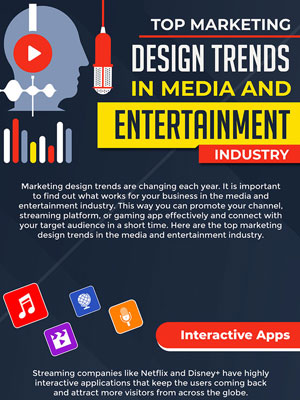Art Bounty
Discover the vibrant world of art and creativity.
Virtual Reality: The Next Frontier in Audience Engagement
Explore how virtual reality is revolutionizing audience engagement and transforming experiences like never before! Dive in now!
Exploring Virtual Reality: How Immersive Experiences Transform Audience Engagement
Virtual Reality (VR) is revolutionizing the way audiences engage with content. By creating immersive experiences that transport users to different worlds, VR transcends traditional media formats. Unlike passive forms of consumption, such as reading or watching videos, VR allows users to interact with their environment in real time, fostering a deeper emotional connection. This level of immersion is reshaping audience engagement by combining elements of storytelling, gaming, and social interaction, leading to more memorable experiences.
Moreover, the applications of VR in various sectors are expanding rapidly. In education, for instance, students can explore ancient civilizations or conduct complex science experiments in a safe and controlled environment. In marketing, brands can create virtual showrooms, allowing customers to experience their products before making a purchase. As technologies continue to advance and become more accessible, the potential for immersive experiences to transform audience engagement will only grow, paving the way for more innovative and personalized interactions.

The Power of VR: Enhancing Interaction and Engagement in Live Events
The advent of Virtual Reality (VR) has revolutionized the way we perceive and engage with live events, offering unparalleled opportunities for interaction and immersion. As audiences seek more dynamic experiences, integrating VR into live settings enhances their overall engagement. By transforming traditional events into multi-dimensional spaces, organizers can foster stronger connections between performers and attendees. With VR headsets, participants can feel as though they are part of the action, whether they are attending a concert from the front row or exploring an art exhibition from the comfort of their homes. This immersive technology not only enriches the viewer's experience but also invites global participation, breaking geographical barriers and broadening the audience base.
Moreover, VR enables event organizers to gather valuable data on attendee interactions, preferences, and behaviors. This enhanced engagement can lead to better insights for future events, informing decisions on content, layout, and overall strategy. Utilizing VR technology allows for innovative marketing strategies, such as offering virtual previews or exclusive behind-the-scenes experiences. By creating a more engaging atmosphere, both in-person and remote attendees are likely to share their experiences on social platforms, further amplifying the event's reach and impact. Ultimately, the power of VR lies in its ability to create memorable, interactive experiences that resonate with audiences long after the event has ended.
What Role Does Virtual Reality Play in the Future of Audience Engagement?
As we move further into the digital age, virtual reality (VR) is emerging as a revolutionary tool for enhancing audience engagement. By immersing users in a 3D environment, VR offers an unparalleled experience that traditional media cannot replicate. This level of interactivity allows audiences to not just consume content but to actively participate in it. For instance, brands can create virtual showrooms or events where consumers can explore products in a dynamic setting, leading to a deeper emotional connection and a more memorable experience.
Moreover, the future of audience engagement will likely see an increase in personalized VR experiences. Marketers can leverage data analytics to tailor VR content to individual preferences, ensuring that every interaction resonates with the user. As technology progresses, features such as social virtual reality will enable users to share experiences in real-time, enhancing communal engagement. This versatility positions VR as a crucial element in marketing strategies, allowing brands to forge more meaningful connections with their audiences and ultimately drive higher conversion rates.